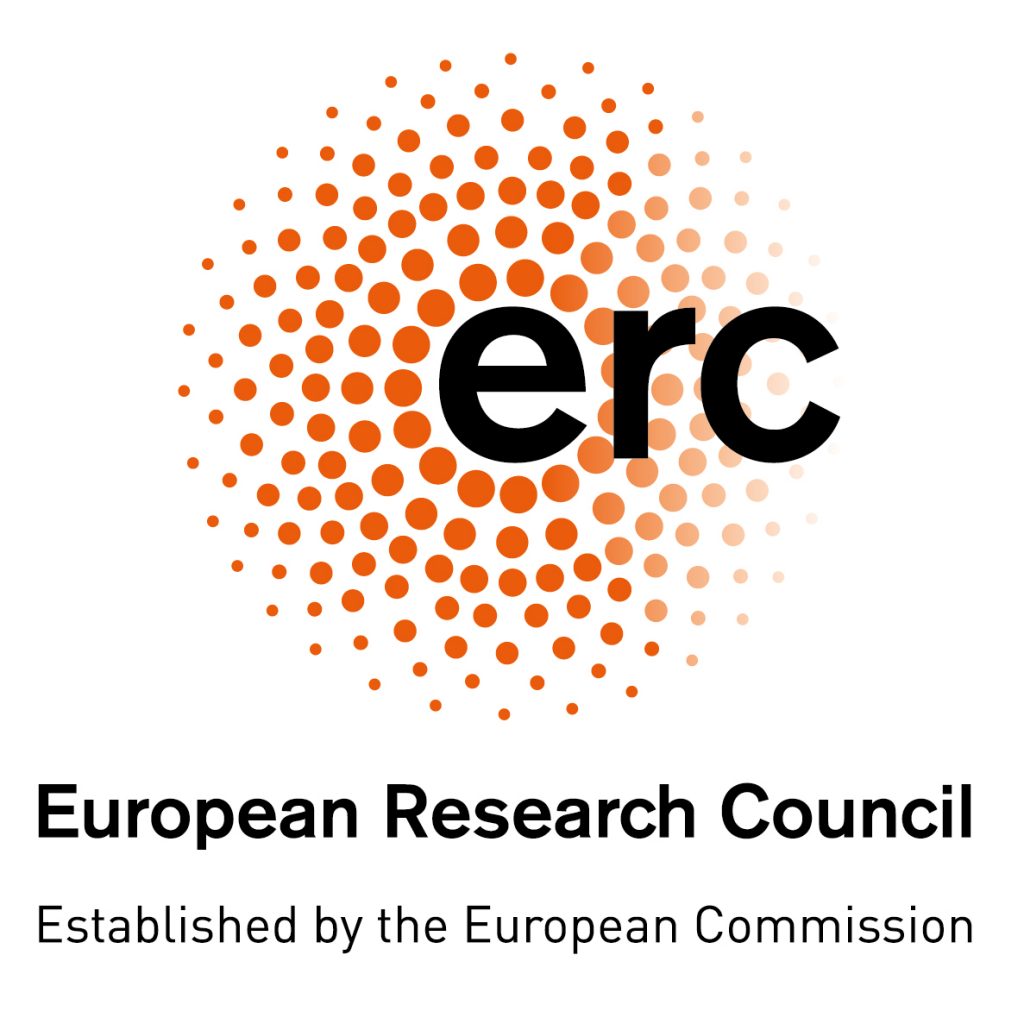SocialVaccines: Social vaccination in ant colonies: from individual mechanisms to society effects
In this project we studied the social immunisation in ants. We found that social contact to pathogen-exposed individuals can induce an immune protection in their colony members. This occurs by an active immune stimulation after a transfer of low amounts of pathogen through the colony. This protective effect of low level infections has also been used in early human medicine to protect against diseases like smallpox.
Topic
Infectious disease has been and still is a significant challenge, despite advances in medicine and public health. The more and the closer the social interactions between hosts, the easier pathogens can spread through a social group. Since the type and frequency of social interactions, as well as the disease susceptibility of individuals, are very diverse, epidemiological processes are extremely difficult to predict during their course, despite efforts such as contact tracing.
Social insects form very large colonies with intense social contacts. Studying their colonies allows full observation of the social interactions of all colony members, and determination how individual actions contribute to disease protection at the level of the individual and the whole colony. Social insects are hence a very good model system for the understanding of epidemics in social groups. In this project, we use ants to study how their individual hygiene behaviours synergize to prevent disease outbreaks in the colony.
First Findings
We determined how sanitary care is organized between colony members, revealing how individual actions to pathogen threats of different intensity trigger collective effects at the colony level. We identified potential cues that may help the ants to detect the health state of colony members and to transmit this information to so far uninvolved colony members, triggering a systemic response to a local threat. We also found that ant colonies have a high resilience to disease, being able to recover and to even pass on immunization through the colony, ensuring high fitness. We also found that a survived infection by the queen can lead to long-term transgenerational immune protection of the workers in the colony.
Main publications arising from this work were:
Research papers:
Konrad et al 2012 PLoS Biology
Konrad et al 2018 PNAS
Conceptual work:
Masri & Cremer 2014 Trends in Immunology
Cremer et al 2018 Annual Reviews Entomology

This project has received funding from the European Research Council (ERC) under the European Union’s Horizon 2020 research and innovation programme (grant agreement No 771402).
